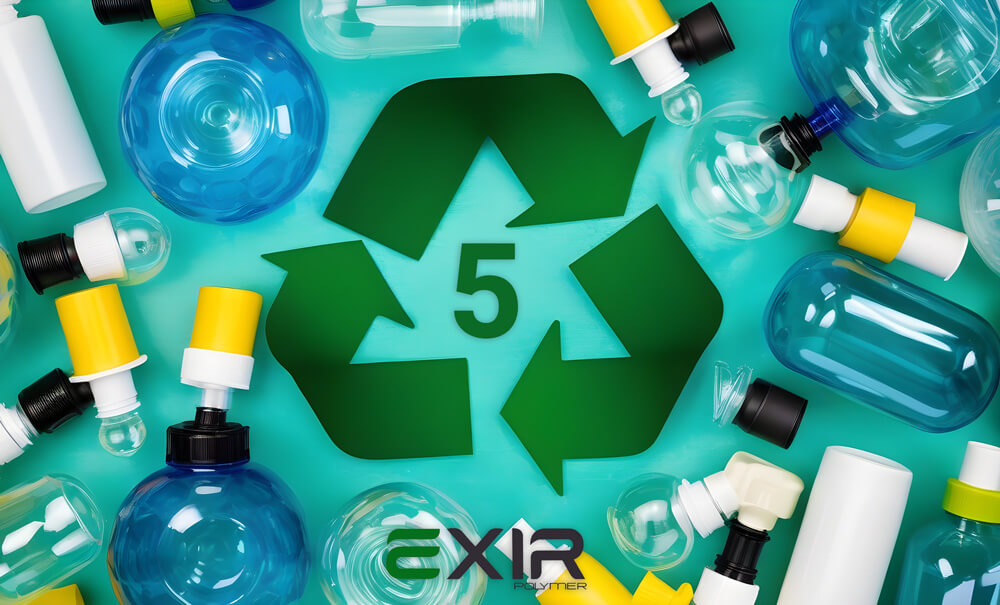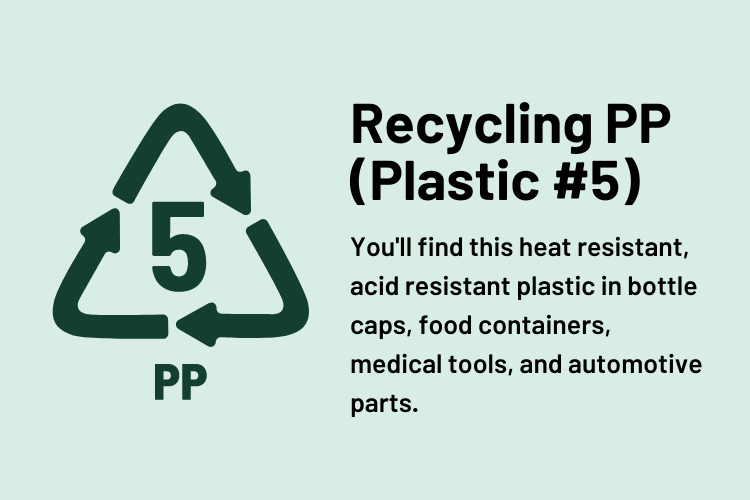The Future of Sustainability: Exploring PP Recycling Solutions
The Future of Sustainability: Exploring PP Recycling Solutions
Blog Article
As sustainability becomes an integral emphasis global, the limelight is on how industries may reduce environmental impacts. Polypropylene (PP), one of the most typically used plastics, has received significant attention because of its possible in the rounded economy. With growing concerns about plastic spend, PP recycle solutions are emerging as a promising avenue for achieving sustainability targets and reducing environmental footprints.

Polypropylene is popular across different industries, from packaging to automotive elements, due to its flexibility, power, and cost-effectiveness. But, the persistence of PP in landfills and oceans presents a significant environmental challenge. Luckily, developments in recycling systems are giving new possibilities to recycle PP more efficiently and effectively.
One of the most substantial developments in PP recycling could be the increase in mechanical recycling processes. Mechanical recycling requires wearing down plastic waste into small particles, which may then be reprocessed in to new products. This method offers a more energy-efficient option compared to old-fashioned plastic production. PP could be recycled numerous occasions, reducing the need for virgin substance removal and reducing the general carbon footprint.
In addition to technical recycling, compound recycling technologies are gaining traction. Substance recycling requires deteriorating pockets into their foundation compounds, which may be reused to generate new plastic products. This process allows for the recycling of contaminated or mixed plastic spend that could usually be non-recyclable through conventional methods. As compound recycling technologies increase, they may revolutionize just how PP is prepared and recycled, making it a key participant in the future of plastic spend management.
The raising focus on PP recycling can be driving innovations in solution design. Businesses are building PP products which are simpler to sell by using monomaterial presentation, eliminating dangerous ingredients, and marketing styles that aid the recycling process. Collaboration across industries is essential to ensuring that PP products are recyclable from the beginning and may be effectively processed at the conclusion of the life cycle.
Furthermore, consumer understanding and conduct perform a substantial role in the accomplishment of PP recycling. With growing need for sustainable items, more people and businesses are taking measures to ensure PP spend is removed correctly. Education campaigns and motivation applications can encourage greater recycling techniques and help close the hook on PP waste.

Seeking ahead, PP recycling alternatives are poised to be at the lead of sustainable waste management. As technologies improve and industries adopt more rounded practices, PP can remain a valuable source, driving both environmental and economic benefits. The ongoing future of sustainability handles on improvements in recycling, and PP recycling alternatives can undoubtedly perform a vital role in shaping that future. Report this page